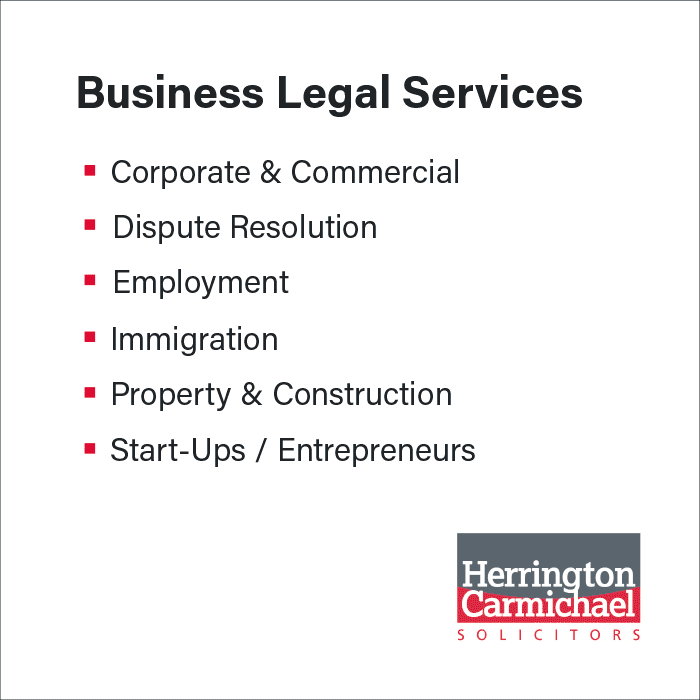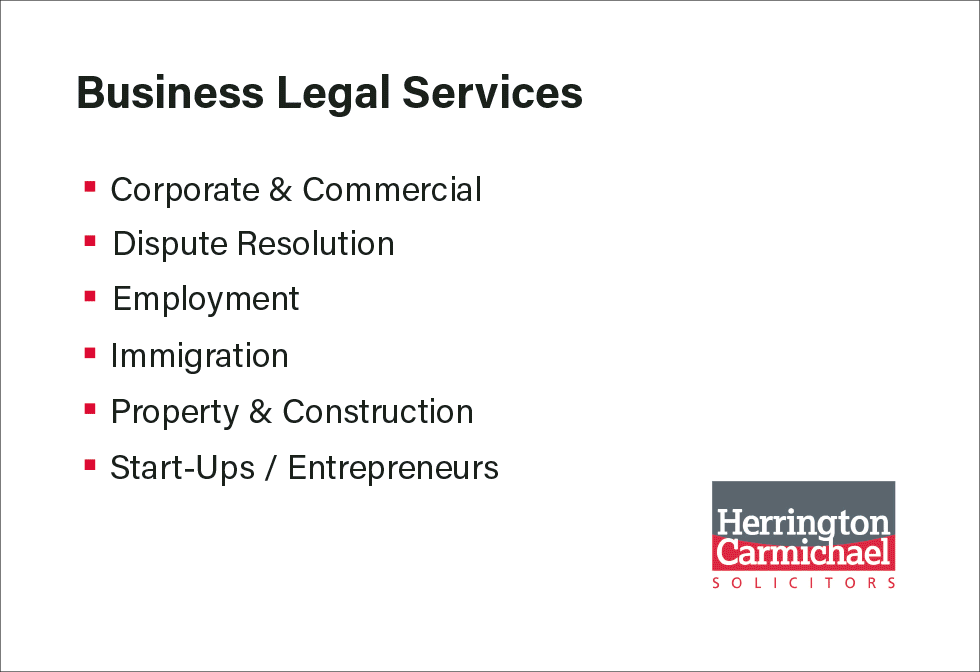A well-planned business exit for Entrepreneurs

The decision to sell, or partially sell, is arguably the most intense thing an entrepreneur (founder or major shareholder) will work through. It represents realising success, yet also losing control of the thing that has demanded every bit of the entrepreneurs’ time, energy and resources. Creating and realising value is always on the mind of such people, and every business is unique, yet there are familiar themes to consider and handle.
When entrepreneurs plan for the future of their business, one of the most important steps to consider is creating an exit strategy. An effective exit plan is essential for any business to ensure a successful transition to new management.
An entrepreneur may wish to exit for many reasons, not just the obvious full-sale, realising millions ideally, if the business has succeeded. There may come a time when the entrepreneur wants to leave and try a new venture or just take a break.
Common exit strategies include selling the business (fully and partially), taking it public, merging with another company or liquidation. Your exit strategy can have a major impact on how your business is run, including its legal structure and revenue models. So, it’s important you have one in place as early as possible.
There are many issues for entrepreneurs to consider before selling a business, which is why it’s important to have the right team of advisers to guide you through the process and remain by your side after the substantial liquidity event.
A FORCE FOR CHANGE
It’s important to think of an exit plan for a start-up even if there’s no intention to sell.

Paul Newman, Senior Private Banker at SG Kleinwort Hambros says: “Entrepreneurs should consider protecting some of the wealth they have grown along the way. Often entrepreneurs can be bang/bust/bang. When businesses get to a size the entrepreneurs had envisaged, do they sell and realise their efforts or grow further and retain? Often, they will sell when businesses are still going, ahead of plateauing and perhaps future boredom. Then on to the next idea.”
Having an exit strategy in place will allow you to plan for your business future and prepare for any of life’s unexpected events, allowing you to do it on your own terms. You’ll also be ready for any business sale negotiation in advance.
A well-crafted exit strategy is a vital element for any business looking to grow and succeed. It serves as a roadmap that outlines specific goals and milestones, providing a clear path for the business to follow and measure progress against.
Regular evaluations of the exit strategy help to ensure that the business is on track and identify any areas that may require improvement.
An exit strategy is also a sign of fiscal foresight and responsibility that makes your business more attractive to potential buyers.
FIVE THINGS TO CONSIDER BEFORE EXITING YOUR BUSINESS
1. WHAT TYPE OF EXIT DO YOU WANT?
The exit for a start-up can take various forms, depending on factors such as the business type, market and ownership structure.
Acquisition. This is when a company, private investor or private equity house, purchases enough of another firm’s shares to take control of it. An acquisition can be an attractive exit strategy for a start-up as it can provide a significant pay-out to shareholders. It also allows the acquired company to be part of a larger organisation, which can provide resources and support to grow the business.
Initial Public Offering (IPO). This is when a privately held company issues shares of stock to the public for the first time. It can be a significant event for a start-up, increasing its visibility and credibility.
Management buyout. This is a type of exit strategy where a company’s management team purchases the company from its owners. A buyout can be an attractive option for owners who want to ensure the company remains in the hands of a team they trust.
2. PLAN EARLY
As an entrepreneur, the sooner you plan your exit strategy, the more options and flexibility you will have when it comes to the time to sell. Waiting until you need to sell could result in unnecessary pressure that negatively affects the outcome of the sale.
3. UNDERSTAND THE VALUE OF YOUR BUSINESS
Entrepreneurs can make more informed decisions about their exit strategy if they know the value of their business. This includes gauging its market value, the potential for future growth and the cost of selling.
By understanding the value of the business, entrepreneurs can seek to maximise the return on their investment by securing the best possible selling price.
4. UNDERSTAND THE MARKET
Knowing the market can help you to determine the best timing for an exit, as well as the potential value of the company. It can also help you to identify potential acquirers or investors and give you an idea of what kind of exit may be most beneficial for the company.
Understanding the market can also help you to determine the best way to position the company for a successful exit, such as by focusing on growth or by streamlining operations.
5. THE TIMING OF THE SALE
Typically, owners don’t want to leave when the business is doing well, but this is often the best time to sell. A business that is profitable, with growth, good cashflow and potential is seen as a lower risk to potential buyers and more likely to command a higher price.
You also need to know where your company is in the business cycle. Too many companies try to sell when their business is on the way down, hoping they will take it to the next level. You should sell when you’re in the growth stage of the business cycle, not the decline.
LIFE BEFORE AND AFTER A BUSINESS EXIT
Jeremy Hill, Senior Private Banker at SG Kleinwort Hambros, says: “With many years’ experience of working with entrepreneurs throughout their company’s lifecycles, SG Kleinwort Hambros is well placed to help you simplify these challenges. Most private banks and indeed luxury goods vendors, want to know entrepreneurs after they have sold their business. The best private banks will find ways to add value and really get to know the owners before the transaction. This often means understanding personal motivation and objectives of the entrepreneurs to help develop strategies and provide wealth planning including working on cashflow analysis, pension advice, shareholders’ structures, key person insurance, family investment companies and trusts. It is in the value of realisation phase that trusted advisor relationships are truly forged.”
Having supported this phase of the journey and following a liquidity event, it is crucial to reflect on your personal goals and circumstances, as well as the structure of your wealth, because entrepreneurs realising their first event just won’t know what it feels like until they have done it. Ideally knowing that you have a trusted advisor at your side with a flexible financial strategy in place, we suggest that there are three essential principles around a business exit:
I Securing your family’s future
Build a plan to that will aim to provide for you and your family for many years to come.
I Enjoying your success
Having worked hard for your success over many years, it is important to reward yourself for your commitment.
I Establishing a lasting legacy
Consider establishing your legacy by finding ways to pass on your wealth to your family or wider society through philanthropy.
To read more entrepreneur articles or to listen to The Enrepreneurs Chat podcasts, click here.

For more information
Contact Jeremy Hill
SG Kleinwort Hambros
Newbury Office
[email protected] – 020 7597 3445
.
.
SG Kleinwort Hambros Bank Limited is authorised by the Prudential Regulation Authority and regulated by the Financial Conduct Authority and the Prudential Regulation Authority. The company is incorporated in England & Wales under number 964058 with registered office at One Bank Street, Canary Wharf, London E14 4SG














